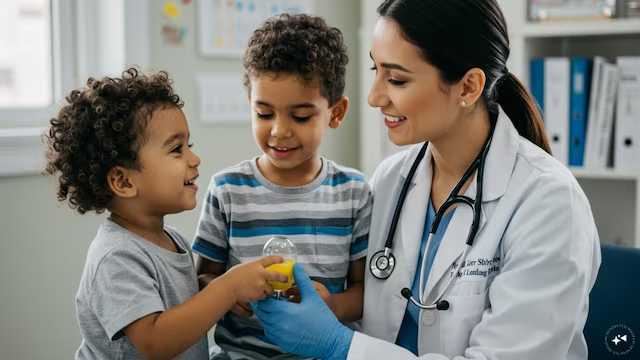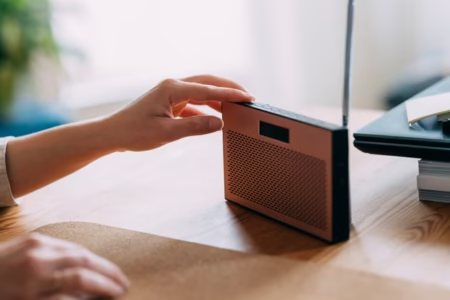The monsoon season brings cool rain and relief from the summer heat. But it also increases the risk of sickness, especially in children. Rainwater, high humidity, and poor hygiene help bacteria, viruses, and mosquitoes grow. This makes children more likely to catch infections.
Doctors say the most common illnesses during this time are mosquito-borne diseases such as dengue, malaria, and chikungunya. These diseases spread fast when rainwater collects in open areas, creating perfect breeding spots for mosquitoes. Early signs include high fever, body aches, joint pain, and headache. If not treated quickly, these conditions may become serious and lead to hospital care. Preventing mosquito bites by using nets, repellent, and full-sleeved clothes is important. It’s also essential to remove stagnant water from buckets, coolers, and other open containers.
Water-borne diseases also become more common in the rainy season. Dirty drinking water can cause infections like typhoid, cholera, hepatitis A, and gastroenteritis. These conditions bring nausea, vomiting, stomach pain, and diarrhea. Children are more at risk because their immune systems are still developing. To stay safe, children should drink only clean, boiled, or filtered water. Avoiding food from street vendors and always washing hands before eating can also help prevent infection.
Viral infections like the common cold, flu, and viral fever also rise during the rainy season. Though often mild, these illnesses can make children uncomfortable. Symptoms usually include cough, sore throat, low energy, and fever. These usually go away on their own, but warm fluids, rest, and healthy food can speed up recovery. Medicines like paracetamol may help reduce fever but should only be given under medical advice. Antibiotics are not useful for viral infections and should not be taken without a prescription.
Parents should watch for warning signs such as ongoing fever, vomiting, diarrhea, body pain, or tiredness. These could signal serious illnesses. If symptoms last more than two days or get worse, it is important to visit a doctor. Ignoring symptoms can lead to dehydration and other complications. Children may need more fluids, and oral rehydration solutions can help prevent dehydration.
Children are more likely to fall sick during the monsoon due to their growing bodies and higher exposure to germs. They may also get skin infections or breathing problems due to damp weather. Some children may suffer asthma attacks or bronchitis. Wet clothes and shoes can lead to fungal infections on the skin. Watch out for rashes, coughs, wheezing, or signs of extreme tiredness. Infants who stop feeding, become very sleepy, or cry a lot should be seen by a doctor right away.
Keeping children healthy during the rainy season takes a few simple steps. Homes should be kept clean and dry. Children should wear loose, light clothes that dry quickly. Give them fresh, home-cooked food rich in fruits and vegetables to build immunity. Make sure they drink safe water and sleep well. Supplements like vitamin C and zinc may also help strengthen their bodies, but only if suggested by a doctor.
Good hygiene habits like hand washing, using clean towels, and avoiding wet or dirty places can stop many infections. Avoid self-treatment. Always consult a healthcare provider when your child seems unwell or doesn’t recover quickly.
By staying alert and following simple health steps, parents can protect their children from common monsoon illnesses and help them enjoy the rainy season safely.







